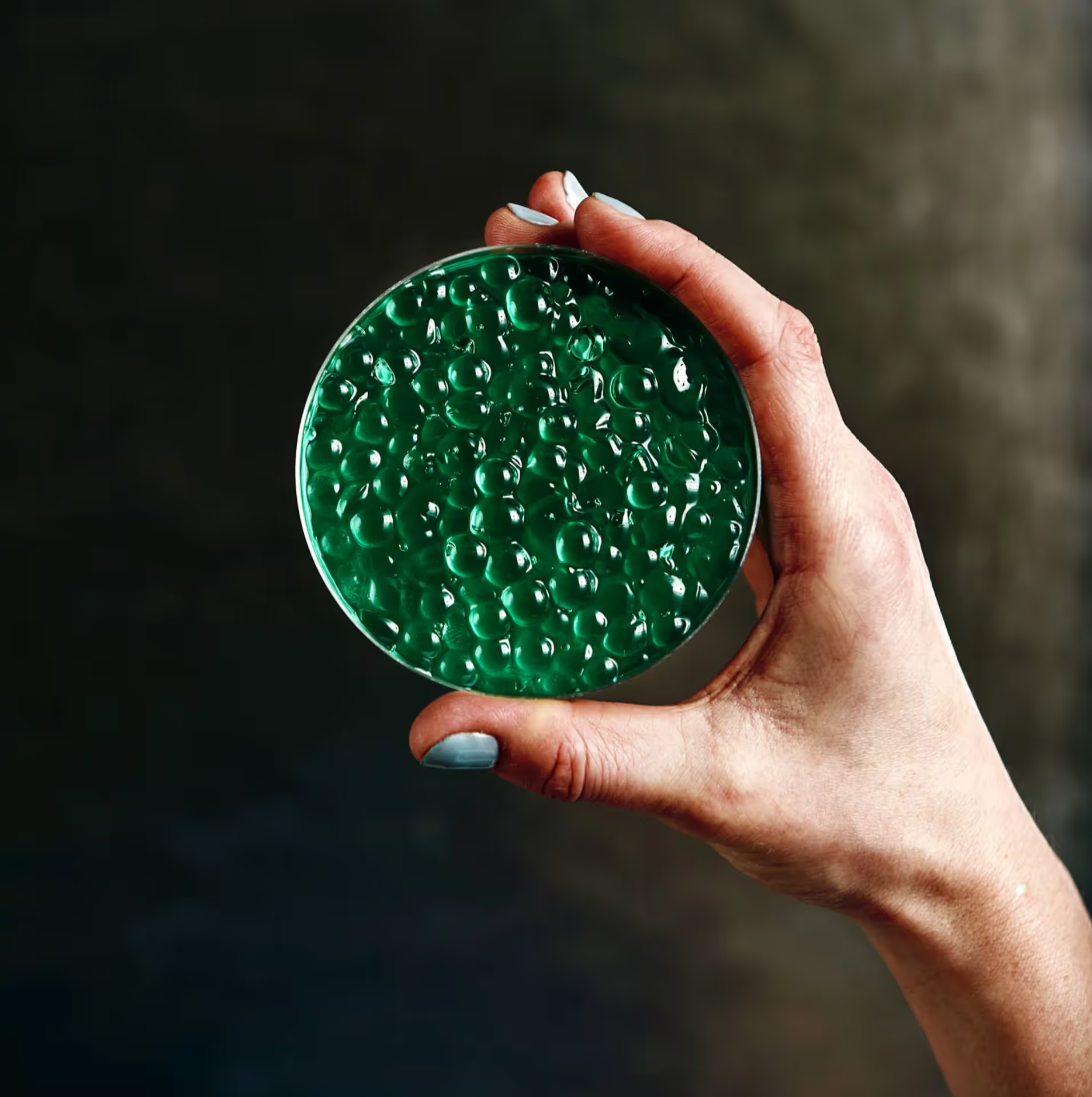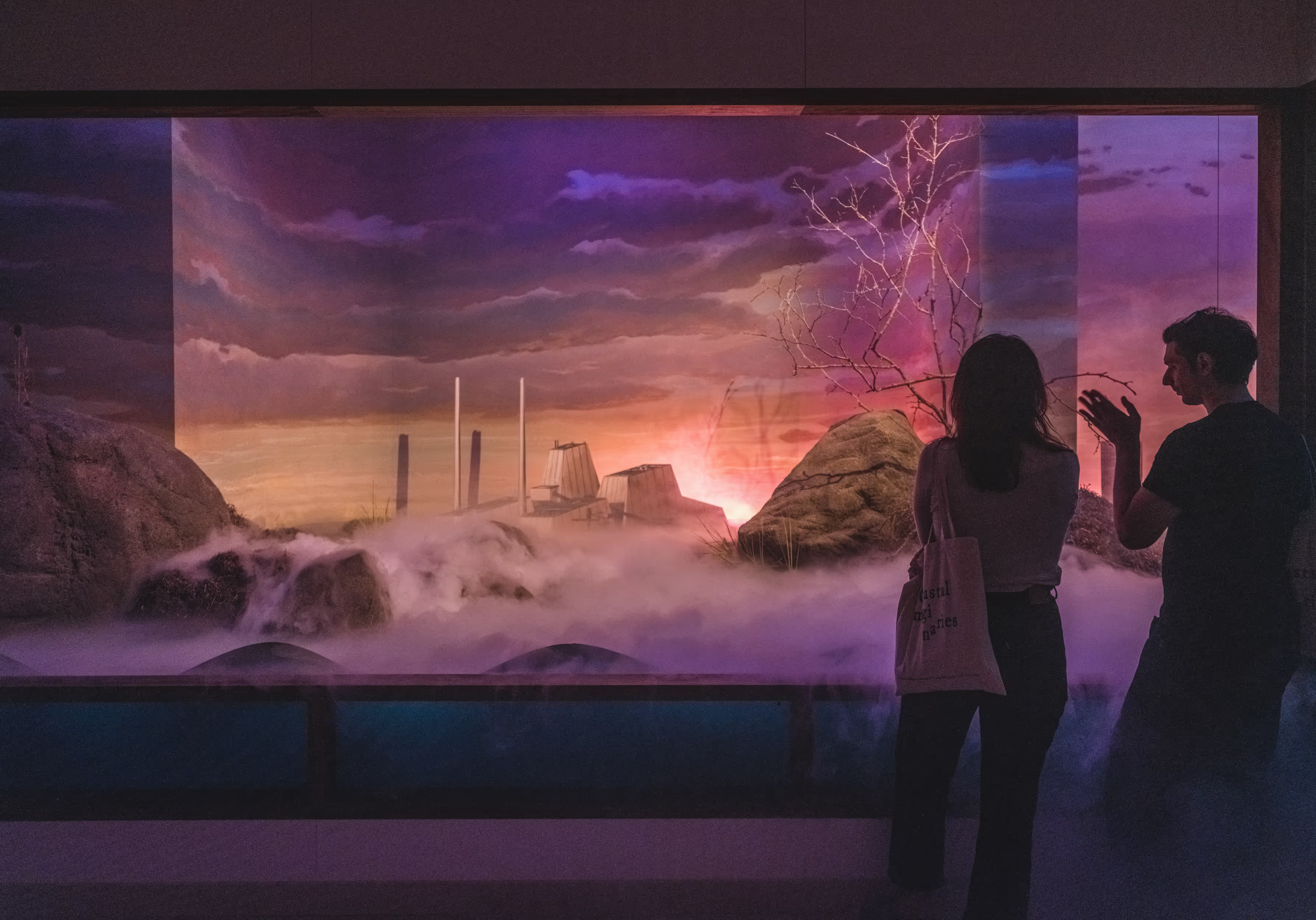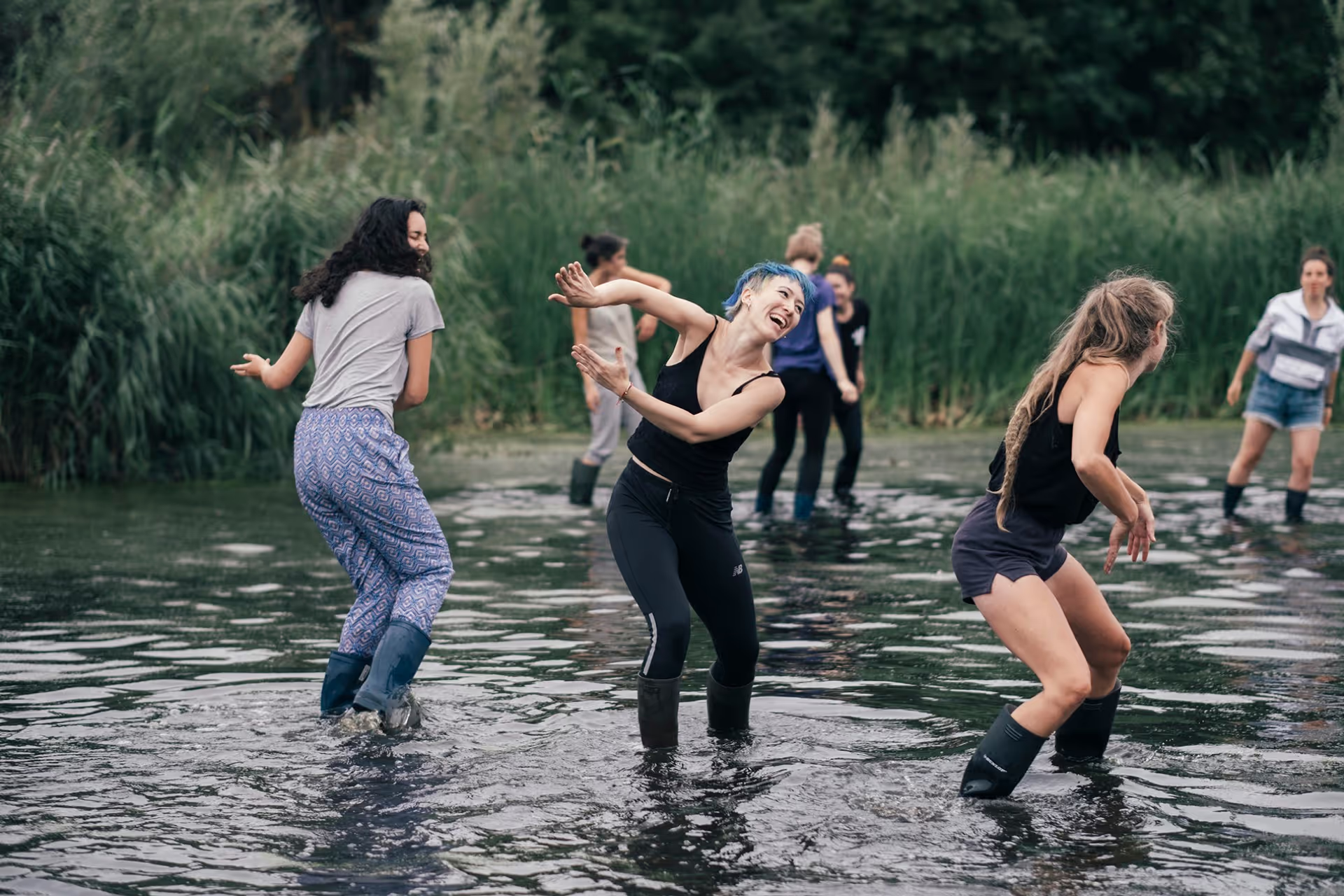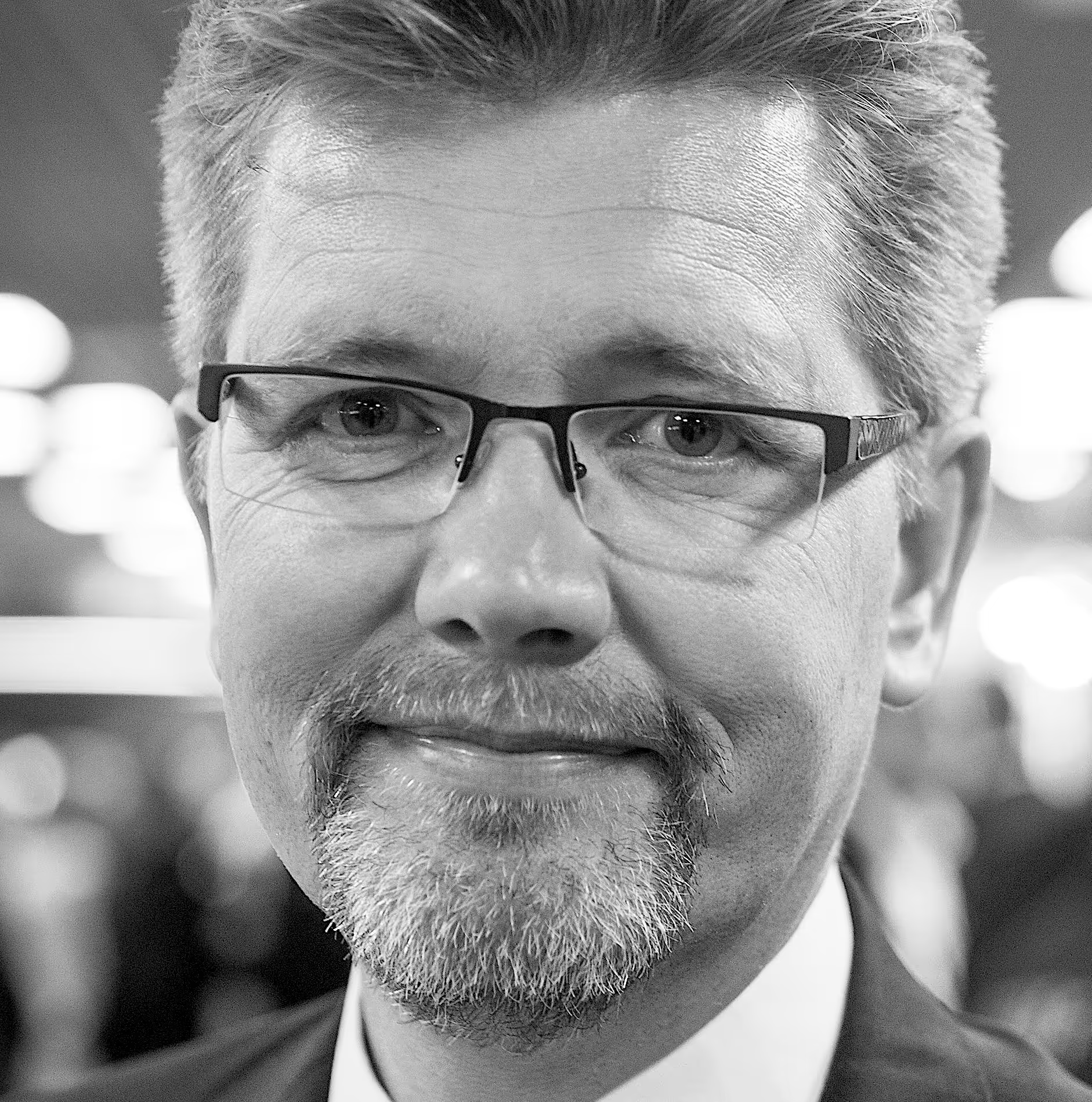Curatorial Statement
Under the main theme Changing Ideals: 1919 - 2019 - 2119, the festival will run simultaneously in the cities of Copenhagen, Aarhus, and Odense. In the year of the 2019 national election, we are evaluating the basic values of the expanded field of architecture and its role in urban and social development over the last 100 years – while also looking towards the next century.
Historical Perspectives
We are diving into how ideals for homes, urban life, and urban development have changed. Starting from the creation of the BL – Danish Social Housing association and the modernist stronghold of the Bauhaus School in 1919, we move onto the post-war booming welfare city with idealistic “cradle-to-grave” urban developments such as Tingbjerg and Albertslund, and arrive at the more market-driven housing and urban development since the fall of the Berlin Wall in 1989. This history speaks directly to many of today’s key architectural challenges, including the lack of affordable housing, planned demolitions of existing social housing estates, and property speculation by international private equity funds.
Looking to the Future
At the same time, we are peering into the crystal ball to consider the role, ideals, and values of architecture in the future. This is explored through the international exhibition Housing the Human, where five young architects, designers, and artists are developing futuristic research prototypes. In addition, we have invited key players in Danish architecture to create a manifesto reflecting on the role of architecture in 2019. Their contributions will be published in a book and handed over to policymakers and urban developers during the festival. For the first time, the CAFx-team has also produced a documentary film about the renegotiations of cultural heritage, public space, and freedom in North Macedonia’s capital Skopje, titled Skopje: a city interrupted.
Changing Ideals and the Good Life
There is no doubt that the ideals of the good life have changed throughout history—and will, of course, continue to do so. As Danes, we have become more diverse in our cultural backgrounds, family patterns, and personal experiences, with national statistics currently counting 37 different family types in Denmark. Now more than ever, we need new and different types of housing that reflect this diversity.
Key Questions
- Is it possible to create an inclusive and sustainable common framework for the good life and the good city?
- Can we re-think the Danish model of affordable housing for all?
- How should the mixed city—widely discussed today—be designed and future-proofed?
The Role of Architecture Today
If architecture can help change the world, improve citizens’ living conditions, and transform everyday life, where should it lead us? How can we plan inclusive residential areas and urban development, and what can we learn from modernism’s experiences? How can we secure affordable housing after the global economy has distorted the housing market, creating more uneven cities and segregated neighbourhoods?
Festival Programme Themes
There will be ample opportunity to investigate and discuss these issues at the festival across various programme themes:
- The welfare city under construction
- Europe between the Berlin Wall and Brexitland
- Future scenarios and manifestos for the architecture
- The paradoxes of the Bauhaus
- Metropolises
Established Formats and Special Features
In addition to the themed discussions, the festival will feature established formats such as:
- Open House: Design studios invite us inside to provide insights into on-site architecture and current projects on the drawing board.
- Film Portraits: The Life and Poetics of the Architect: An opportunity to be inspired and study the masters up close.
- CAFx KADK Lectures: Hear from an array of prominent international voices within architecture.
International Film Programme
Once again, we have invited an international star architect to curate a film programme for the festival. This year, Mexican architect Tatiana Bilbao has organised a small film programme that especially focuses on her hometown of Mexico City. She will introduce the films and participate in several other activities during the festival in the lead-up to her show at Louisiana this autumn.
Final Thoughts
We hope to satisfy everybody’s tastes with more than 150 public events in Copenhagen, Aarhus, and Odense, divided into films and debates, exhibitions, guided tours, workshops, conferences, talks, open houses, and more.

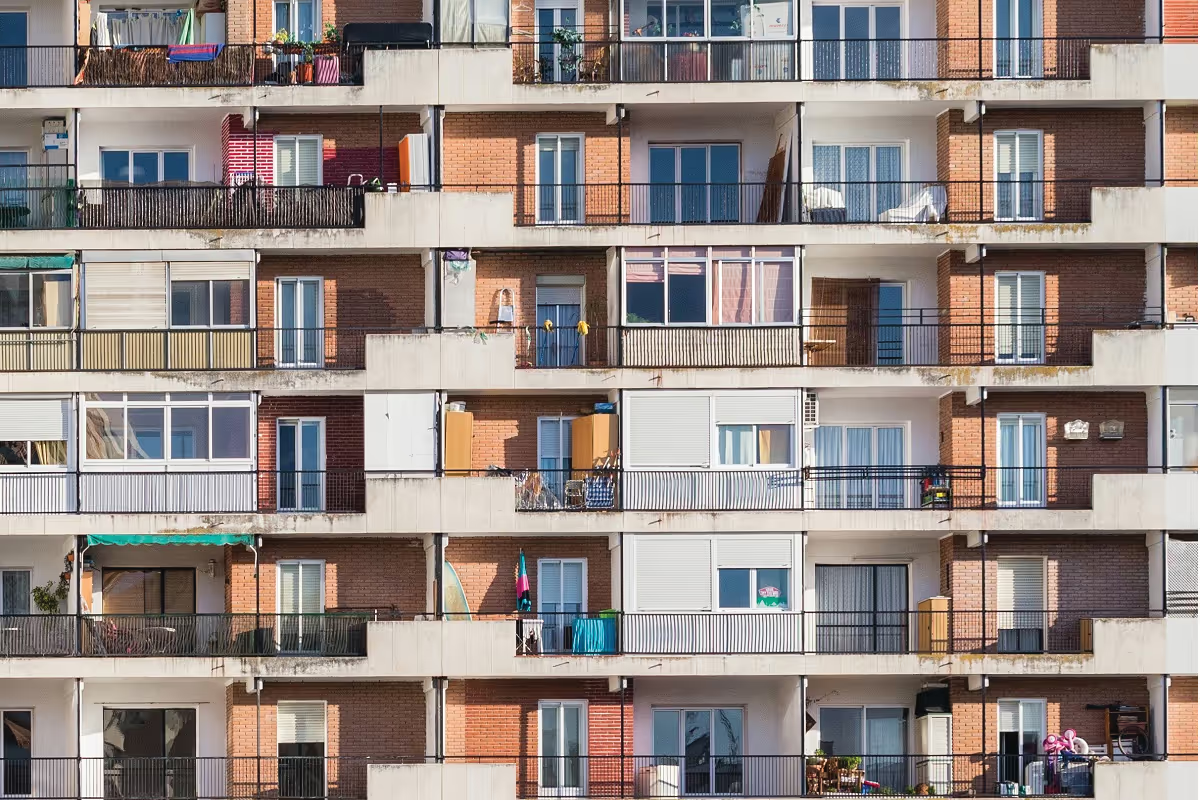



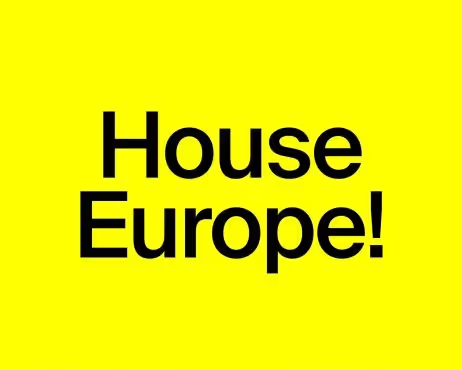
.avif)
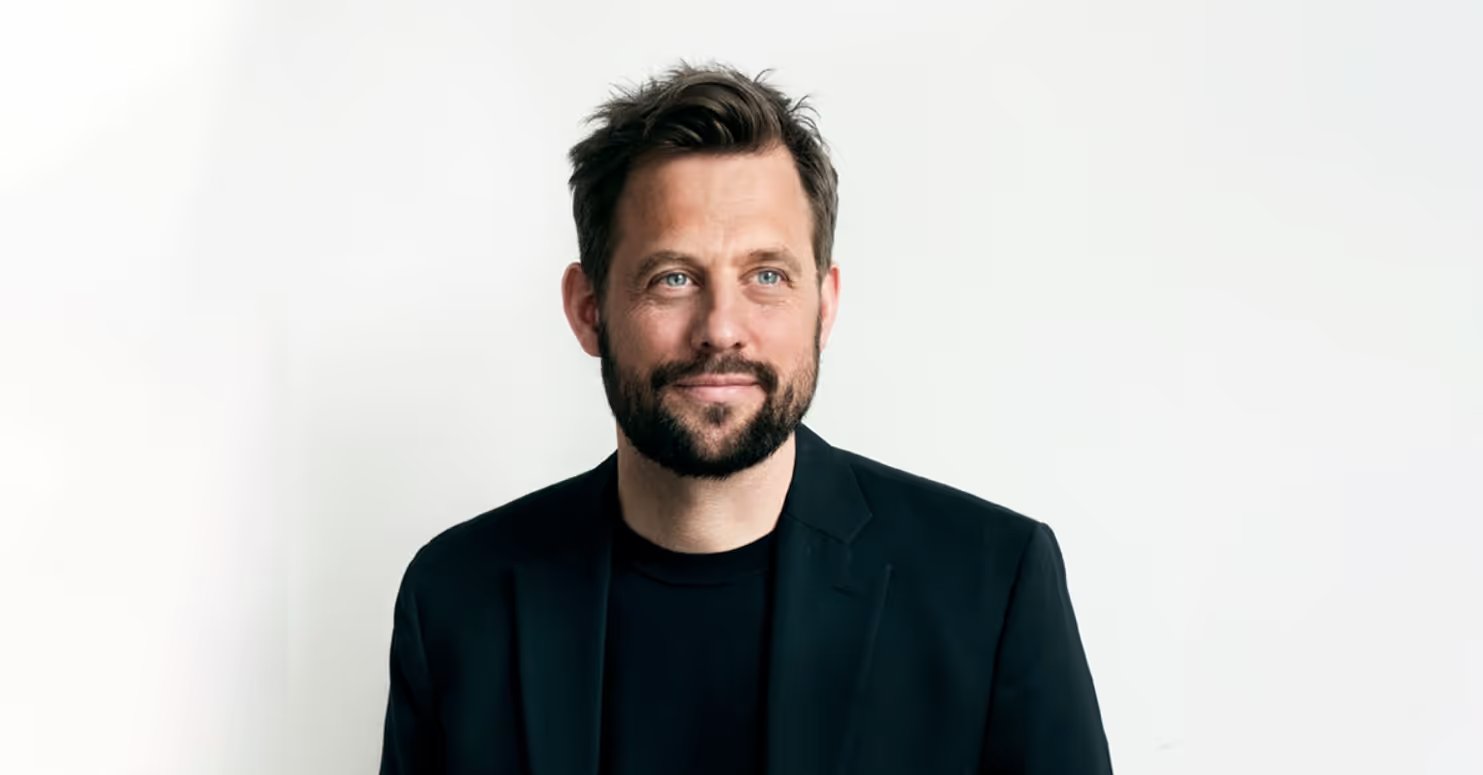
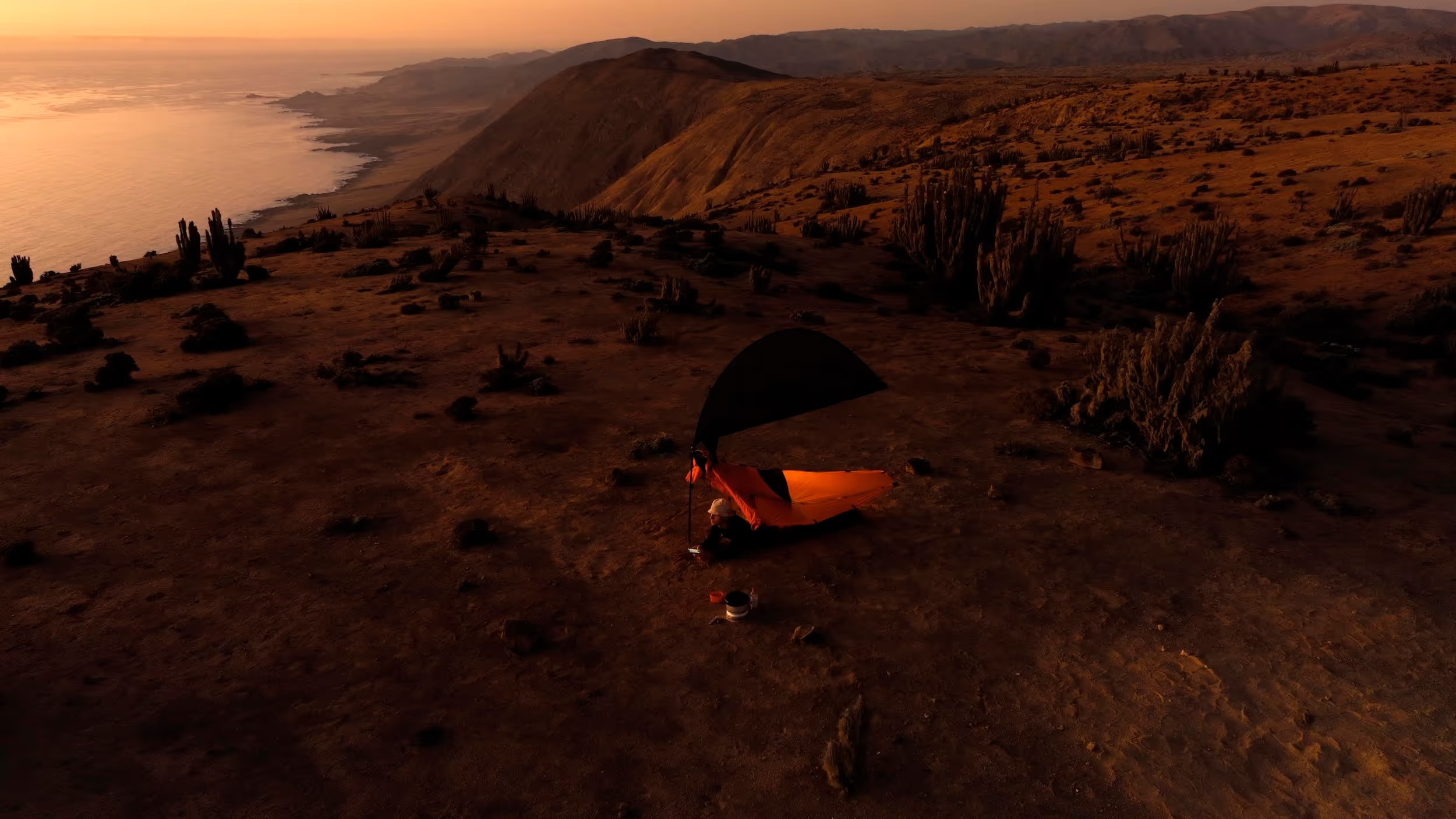

(2)Large.avif)
